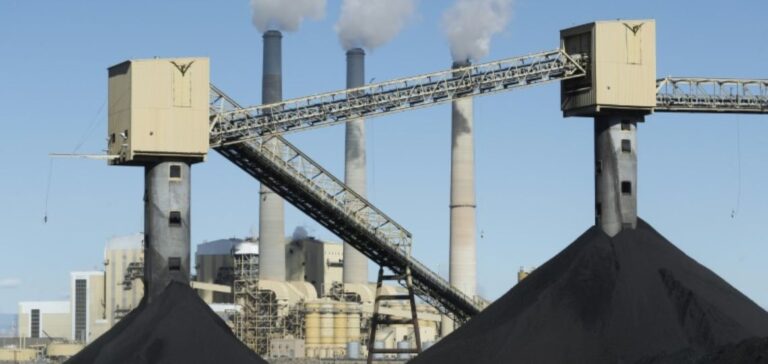The U.S. administration led by President Joe Biden announced last Wednesday its intention to tighten restrictions on the pollutants that coal-fired power plants can release into their wastewater, which then ends up in nature. The move is designed to tighten standards that were relaxed under former Republican President Donald Trump’s administration in 2020.
Stricter standards to prevent environmental pollution
The new standards proposed by the U.S. Environmental Protection Agency (EPA) would prevent the release of nearly 265,000 tons of pollutants. Coal-fired power plants discharge large volumes of wastewater into waterways such as ponds, lakes and rivers, which contain toxic metals and other pollutants such as mercury, arsenic and nickel. These pollutants can harm the ecosystem and the health of populations by contaminating the sources used for water consumption. Low-income and minority populations are most affected by this pollution, as the EPA has noted.
Benefits for health and the environment
The new standards, based on science, would reduce water contamination from coal-fired power plants and help ensure clean air, water and healthy land for all, as Michael Regan, the U.S. agency’s boss, said. Under the proposal, coal-fired power plants that commit to shutting down this source of energy by 2028 will receive an exemption.
A 60-day public discussion period
The EPA’s proposed new standards are subject to a mandatory 60-day public comment period. Affordable technologies exist to remove almost all toxic metals and other chemicals from coal-fired plant wastewater, and many plants are already using them, as Holly Bender of the environmental organization Sierra Club noted, welcoming the announcement. According to this organization, coal-fired power plants are responsible for 30% of surface water pollution.
A significant decline in coal-fired power generation in the United States
Most of the coal-fired power plants operating in the United States were built in the 1970s and 1980s, according to the U.S. Energy Information Agency (IEA). With the development of gas-fired power plants and the falling costs of renewable energy, a significant number of coal-fired power plants have closed down in the last decade. Coal produced 19.5% of U.S. electricity in 2022, up from just over 37% in 2017.





















